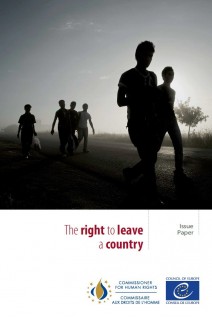
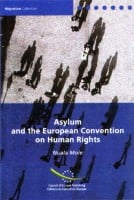
Asylum and the European Convention on Human Rights (2007)
- Exclusivité web !


The right to leave a country, including one's own, is a necessary prerequisite to the enjoyment of a number of other human rights, most notably the right to seek and enjoy asylum and to be protected against ill-treatment. States are entitled to place restrictions on the right to leave, if they are in compliance with the European Convention on Human Rights and the European Court of Human Rights case law.
A number of measures taken or envisaged in recent years by some Council of Europe member states in the Western Balkans pose serious challenges to the right to leave a country, enshrined in the 1963 Protocol No. 4 to the European Convention on Human Rights, as well as to the right to seek and enjoy asylum. The situation is of particular concern to the Council of Europe Commissioner for Human Rights given that these restrictive, migration-related measures have been adopted at the instigation of EU member states in pursuance of their immigration and border control policies, and have been tainted by discrimination as they have targeted and affected, in practice, the Roma.
This Issue Paper examines the right to leave a country and what it means both as a right in international human rights instruments and as interpreted by European courts and UN treaty bodies. It focuses on six major themes: the right to leave a country, including one's own; the right to seek and enjoy asylum; non-nationals' right to leave a country; prohibited discrimination as regards the right to leave a country; the situation in the Western Balkans; and the impact of the EU externalisation of border control policies on the right to leave a country. The conclusions highlight the need for European states to examine or re-examine their migration laws and policies in order to fully align them with the European Convention on Human Rights and the Court's jurisprudence.
Summary
Introduction
Section 1 – The right to leave a country, including one’s own
United Nations human rights instruments
The European Convention on Human Rights
An overview of the European Court of Human Rights’ case law concerning the right to leave one’s country
European Court of Human Rights’ case law concerning internal restrictions on movement
European Court of Human Rights’ case law concerning travel bans and the immigration laws of foreign countries
The European Union right of all citizens to free movement
Conclusion
Section 2 – The right to seek and enjoy asylum
The international framework
The European human rights framework
Conclusion
Section 3 – Non-nationals’ right to leave a country where they are residents or present
The UN framework
The European framework
Conclusion
Section 4 – Prohibited discrimination as regards the right to leave a country
Section 5 – The situation in the Western Balkans
Section 6 – The impact of the EU externalisation of border control policies on the right to leave a country
Visas
Carrier sanctions
Readmission agreements
Push-backs
Conclusion
General conclusions
Télécharger un extrait (1000)

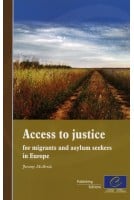
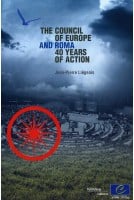

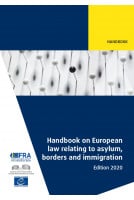






The right to leave a country, including one's own, is a necessary prerequisite to the enjoyment of a number of other human rights, most notably the right to seek and enjoy asylum and to be protected against ill-treatment. States are entitled to place restrictions on the right to leave, if they are in compliance with the European Convention on Human Rights and the European Court of Human Rights case law.
A number of measures taken or envisaged in recent years by some Council of Europe member states in the Western Balkans pose serious challenges to the right to leave a country, enshrined in the 1963 Protocol No. 4 to the European Convention on Human Rights, as well as to the right to seek and enjoy asylum. The situation is of particular concern to the Council of Europe Commissioner for Human Rights given that these restrictive, migration-related measures have been adopted at the instigation of EU member states in pursuance of their immigration and border control policies, and have been tainted by discrimination as they have targeted and affected, in practice, the Roma.
This Issue Paper examines the right to leave a country and what it means both as a right in international human rights instruments and as interpreted by European courts and UN treaty bodies. It focuses on six major themes: the right to leave a country, including one's own; the right to seek and enjoy asylum; non-nationals' right to leave a country; prohibited discrimination as regards the right to leave a country; the situation in the Western Balkans; and the impact of the EU externalisation of border control policies on the right to leave a country. The conclusions highlight the need for European states to examine or re-examine their migration laws and policies in order to fully align them with the European Convention on Human Rights and the Court's jurisprudence.
Attention, en vertu de nos conditions générales de vente, l'achat des PDF/epub est réservé aux particuliers.
